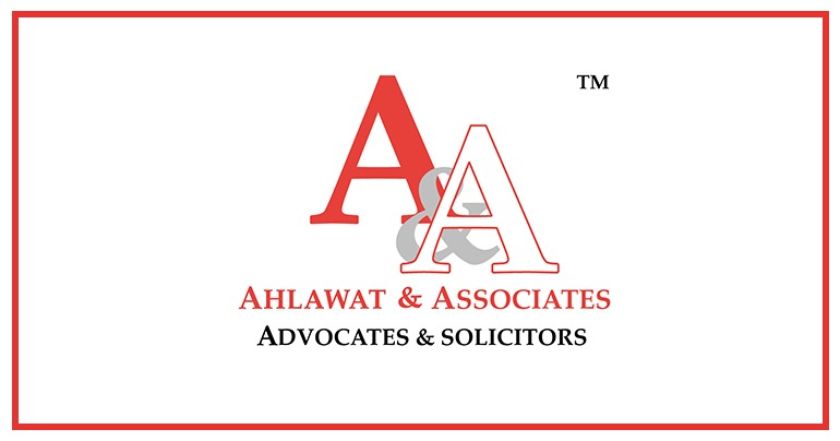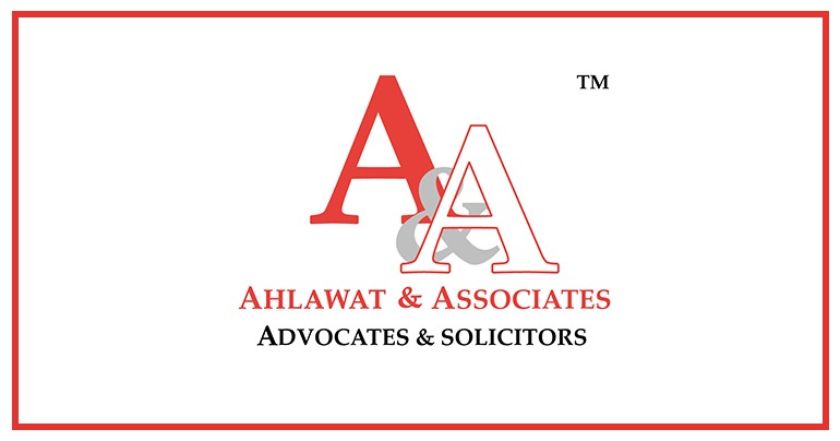
 Sheena Khan
Sheena Khan
 March 24, 2023
March 24, 2023
The Delhi High Court vide its recent order (dated March 1, 2023) in the case of Samridhi Enterprises vs Flipkart Internet Private Limited & Ors.[1] held that Rule 3(2)(a) [which provides for lodging of grievances by users] under the Information Technology (Intermediary Guidelines and Digital Media Ethics Code) Rules, 2021 (“IT Rules”) does not require an intermediary to take any action against the alleged infringers (upon receipt of a grievance).
As per the allegations by the Plaintiff (Samridhi Enterprises), Flipkart infringed the statutory provisions of the IT Rules by failing to observe certain basic due diligence as an intermediary and by not taking any action against the infringing sellers. It was alleged in the plaint by the Plaintiff (in relevant part) that- “It is the duty casted upon such e commerce platforms under the IT rules that they need to caution and take appropriate actions upon such infringing sellers. But the Defendant no 1 has been negligent to follow such rules and thus they are actually acting abatters of the illegal acts of the infringing sellers.” It was further submitted by the counsel for the Plaintiff that Flipkart was in violation of Rule 3(2) of the IT Rules and that Flipkart’s Grievance Officer has failed to act in accordance to the Rule 3(2)(a) of the IT Rules.
The Delhi High Court, while repudiating the submissions of the counsel for that Plaintiff, affirmed that Rule 3(2) specifies the requirement for intermediaries to publish the details of the Grievance Officer and the mechanism by which the users could complain against the violation of the provisions of Rule 3 of the IT Rules. On receipt of a grievance, Rule 3(2)(a) simply requires the grievance officer to acknowledge the complaint and dispose it off. The clause does not go on to say that the intermediary must take any specific action in response to a notice of infringement, much less take any specific action against the intermediary.
It was pointed out by the Court that clauses (a) and (b) of Rule 3(1) of the IT Rules, outlines the manner in which due diligence is to be carried out by the intermediaries. The Court specifically observed that an intermediary is only required to advise the user not to host or show infringement-related content.
Additionally, the Court contrasted Rule 3 of the IT Rules, 2021 with Rule 3(4) of the Information Technology (Intermediaries Guidelines) Rules, 2011 (“2011 Rules”). Rule 3(4) of the 2011 Rules mandated that an intermediary is required to respond to a user's complaint within 36 hours and engage with the user to ‘disable such content’ that is in violation of the rules. Since, such a rule was not incorporated in the IT Rules 2021, the Court was of the view that, (quoted in the order as) – “The omission of any such provision in the 2021 Rule is, clearly, a conscious departure from the pre-existing 2011 Information Technology (Intermediaries Guidelines) Rules. Where the rule makers deemed it appropriate not to incorporate a provision in the 2021 Rules parallel to Rule 3(4) of the 2011 Rules, it would be inappropriate for this Court, by judicial order, to incorporate such a provision or requirement in the 2021 Rules.”
Therefore, the assertion of the Plaintiff pertaining to failure on the part of Flipkart for not taking any action against the Defendant’s alleged infringing activities was held to be unsustainable by the Delhi High Court.

The Ministry of Electronics and Information Technology have notified three Grievance Appellate Committees under the Information
View More
The state of Chhattisgarh has notified the Chhattisgarh Gambling (Prohibition) Act, 2022, replacing the erstwhile statute -
View More
The draft Digital Personal Data Protection Bill, 2022 (“DPDP Bill”) was published for inviting comments from the public and stakeholders
View More















 Cookies Consent
Cookies ConsentWe use cookies to help you navigate efficiently and perform certain functions. You will find detailed information about all cookies under each consent category below. Read more...
 Cookies Consent
Cookies ConsentWe use cookies to help you navigate efficiently and perform certain functions. You will find detailed information about all cookies under each consent category below. Read more...

